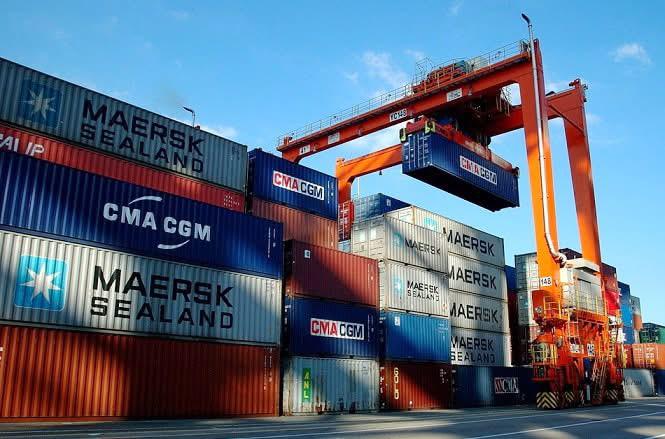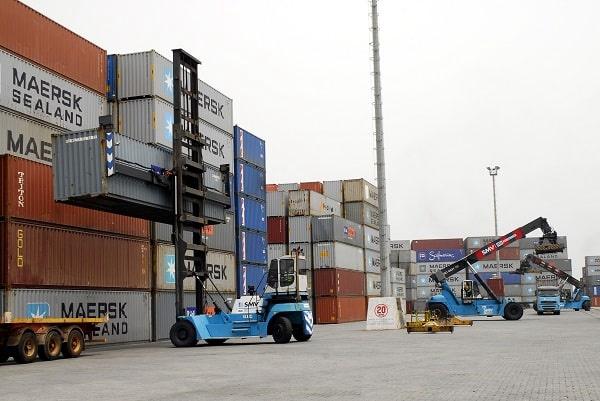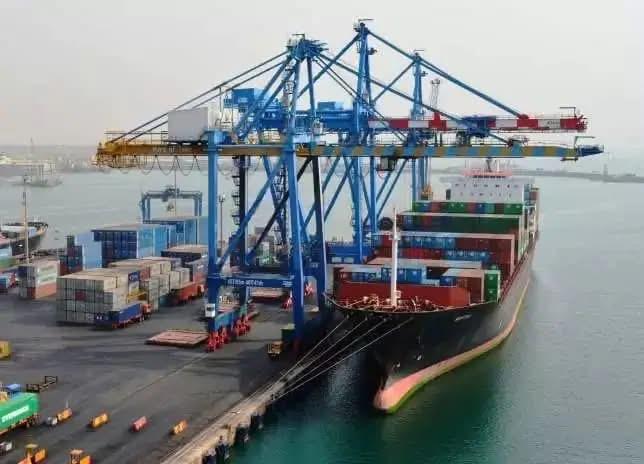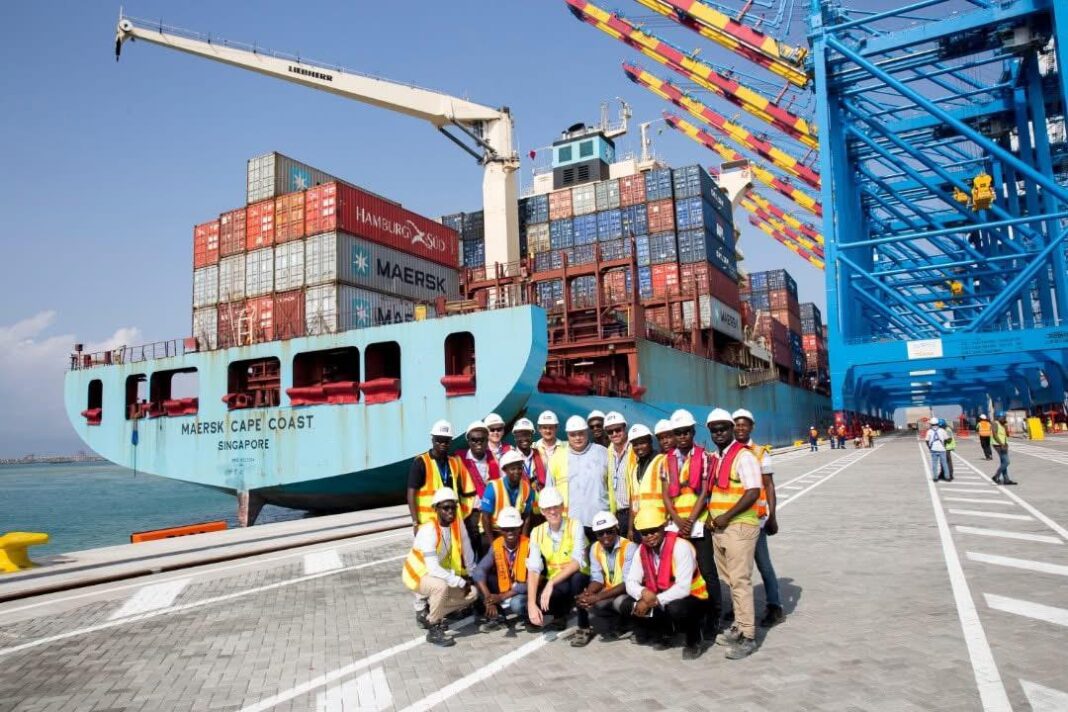Starting July 1, Ghana’s bold move to implement a 24-hour economy policy at the Tema and Takoradi ports signals a major transformation in the country’s trade logistics. This policy is more than just an operational shift it’s a game-changer with ripple effects across import-dependent markets like cars, gadgets, and general goods.
With around-the-clock port activities, the long-standing burden of demurrage and storage costs is expected to ease drastically, directly reducing overheads for importers. This alone will empower businesses to price more competitively, expand inventory, and meet consumer demand with greater consistency. Importers dealing in fast-moving and high-value items such as smartphones, laptops, auto parts, and even fully built vehicles are particularly positioned to benefit, as faster clearance times mean quicker turnaround, increased sales velocity, and reduced inventory bottlenecks.

The introduction of 24/7 port operations not only reflects global logistics best practices but also fuels economic vibrancy on the local front. When goods move faster, markets react faster. Businesses no longer have to plan around the traditional 8-to-5 clearance window. Instead, shift-based operations at Customs, GPHA, and other port-related agencies will accelerate the flow of goods, making it easier for dealerships, retailers, and wholesalers to restock promptly. This creates a ripple of benefits, from job creation in logistics and retail to price stabilization in sectors sensitive to supply delays. Consumers will likely see more consistent availability of the gadgets and cars they desire, and local businesses will be emboldened to scale due to the improved ease of doing business.

Additionally, this policy tackles one of the major frustrations at Ghana’s ports: congestion. Under the old system, goods that couldn’t be processed by the end of the working day rolled over into the next, compounding the backlog. By operating on a 24-hour basis, clearance becomes a rolling process, drastically cutting down idle time and the number of containers piling up. The end result is a smoother, more organized port environment where logistics chains function more predictably. For automotive importers in particular, this is a huge win. Cars held up at the port for weeks or months incur high costs and depreciation, not to mention customer dissatisfaction. A faster system directly translates to cars reaching showrooms and clients in record time.

Finally, this policy positions Ghana as a serious contender in the regional logistics arena. Across West Africa, not all ports operate around the clock, creating an opportunity for Ghana to outpace its neighbors in efficiency and reliability. If Tema and Takoradi maintain this edge, importers from landlocked countries or even other coastal states may reroute cargo through Ghana, attracted by reduced delays and cost-effective throughput. This could turn the country into a bona fide import hub, especially for high-demand products like electronics, vehicles, and tech accessories. In a world where time and efficiency rule global trade, aligning port operations with international standards is not just progressive, it’s strategic. Ghana is not merely catching up; it’s preparing to lead.
The ruling National Democratic Congress (NDC) in its 2024 campaign manifesto indicated the 24-hour economic policy will be a game changer that will transform the Ghanaian economy by increasing enterprise and labour productivity in twelve priority sectors, thereby creating jobs to tackle significant unemployment challenges.
The policy is built largely on two pillar, stabilising the macroeconomic environment and supporting infrastructural development. Sound macro-economic management aims to lower inflation, ensure a stable Cedi, and lower interest rates.
Stable energy supply, improved road and transport networks, irrigation, and digital networks will be the focus of the NDC’s infrastructural development interventions.
Prioritised sectors include the following: Agro-Processing; Manufacturing; Pharmaceuticals; Construction; Financial Services; Extractive industries; Sanitation and Waste Management; Hospitality Industry; Retail Centres; Transportation Services; Health Services; and Security Services.




